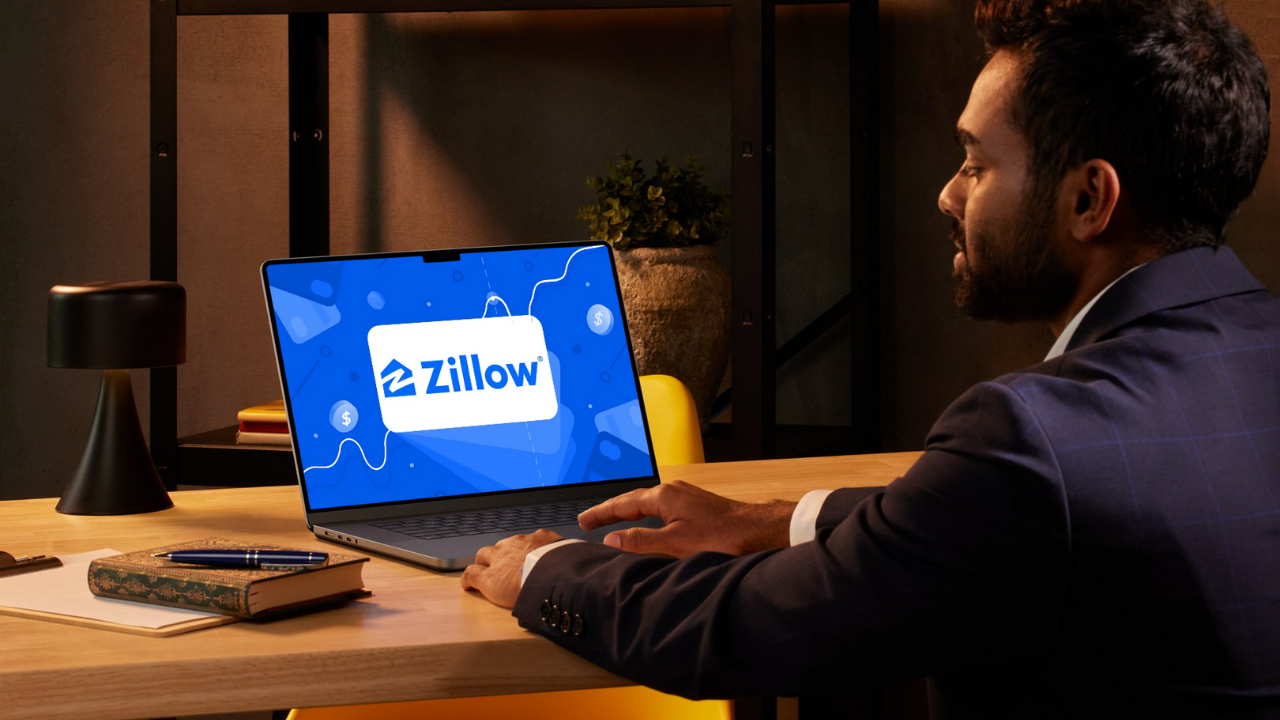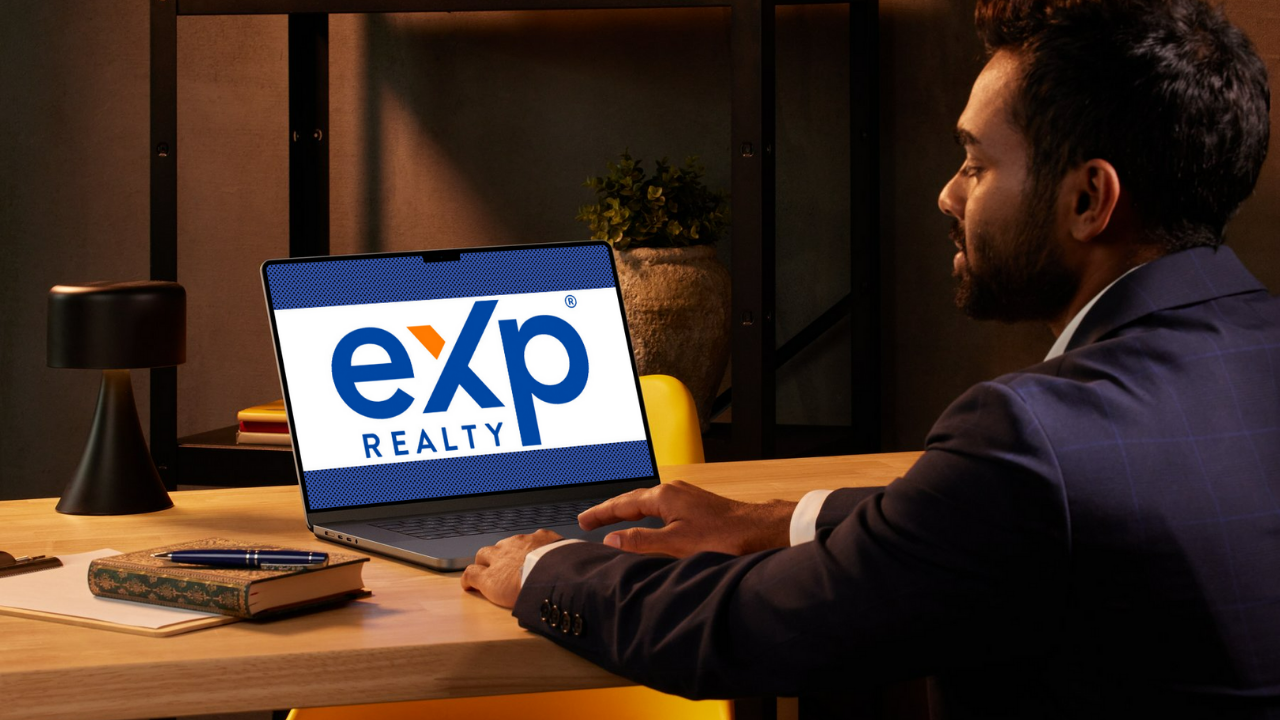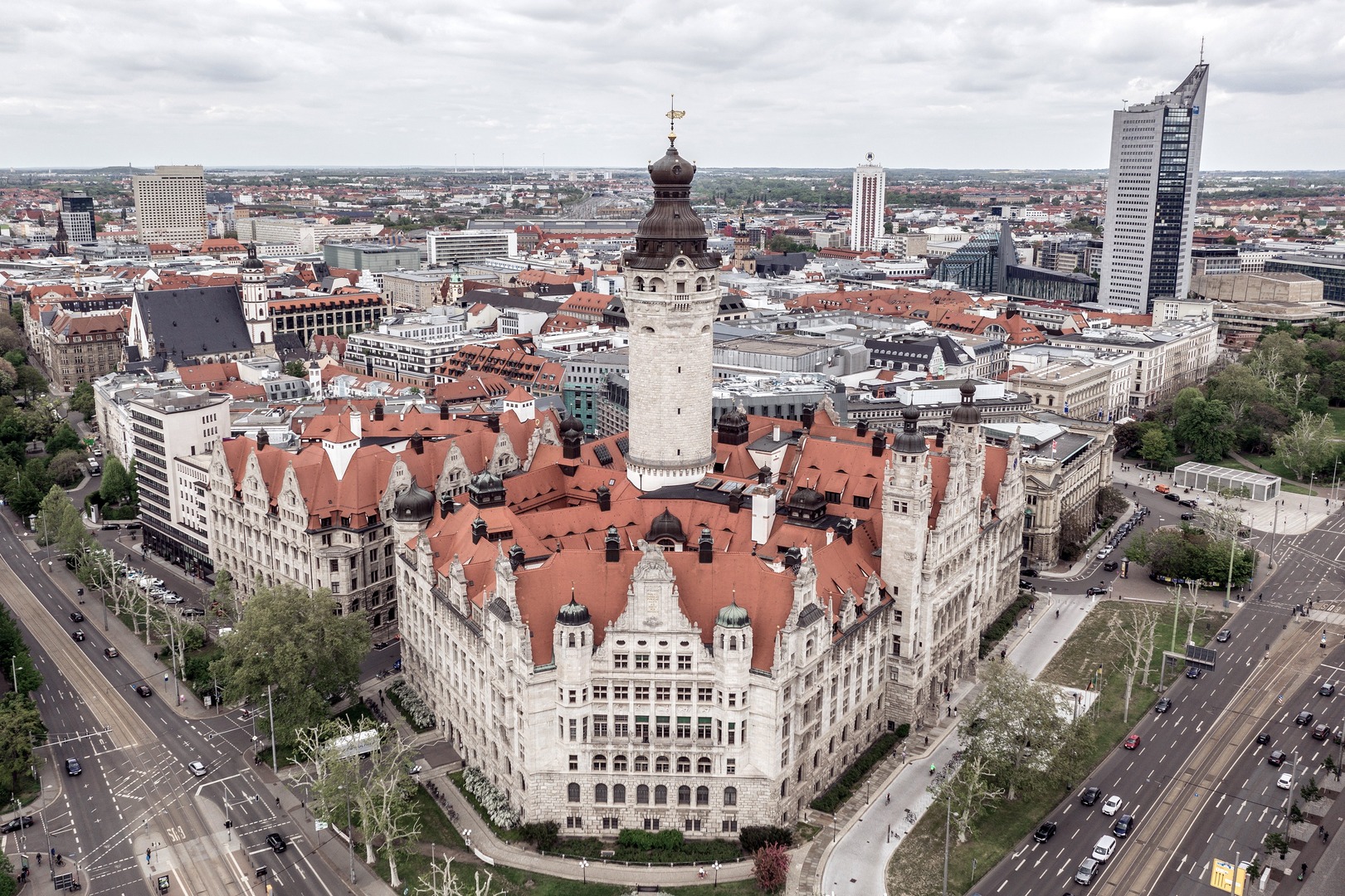In the rapidly evolving real estate landscape, tech-integrated residences are no longer futuristic concepts but present-day necessities that savvy professionals need to understand. As sustainability becomes increasingly important to homebuyers across America, the intersection of smart home technology and eco-friendly design is creating unprecedented opportunities in the market.
Overview
The Rise of Intelligent, Sustainable Spaces
Smart homes have transcended their novelty status to become powerful tools for sustainable living. From energy management to resource conservation, technology is fundamentally changing how properties function and perform.
“I recently toured a development in Austin where every home maintains optimal energy efficiency without homeowner intervention,” notes a leading real estate developer. “The systems communicate with each other, adjusting based on occupancy patterns and external conditions. It’s remarkable how seamlessly the technology operates in the background.”
Smart Devices Driving the Sustainable Home Revolution
The backbone of tech-integrated residences consists of interconnected devices that optimize resource usage while enhancing comfort. Smart thermostats stand at the forefront, reducing energy consumption by up to 15% through intelligent climate control. These devices learn occupancy patterns and adjust temperatures accordingly, significantly cutting heating and cooling costs.
Home automation systems extend this efficiency to lighting, appliances, and water usage. Automated blinds work with lighting systems to maximize natural light while minimizing heat transfer, while smart irrigation systems deliver precise amounts of water based on soil conditions and weather forecasts.
Retrofitting vs. New Construction
One question real estate professionals frequently encounter is whether existing homes can be effectively upgraded with smart technology. The answer is increasingly positive, with many sustainable technologies designed specifically for retrofitting older properties.
Energy-efficient improvements like smart thermostats, automated lighting, and water conservation systems typically offer the best return on investment for existing homes. For clients interested in deeper integration, wireless systems have eliminated many of the barriers previously associated with retrofitting older properties.
The Security Factor
As homes become more connected, concerns about cybersecurity naturally arise. Modern tech-integrated residences incorporate sophisticated protection measures, from encrypted networks to regular security updates. For luxury properties, biometric security systems offer both convenience and protection, with fingerprint, facial recognition, and voice authentication becoming increasingly common features.
The Business Case for Sustainable Smart Homes
Beyond the environmental benefits, tech-integrated sustainable homes present compelling financial advantages. Properties with smart technology typically command premium prices and spend less time on the market. According to recent industry data, homes with smart technology integration sell up to 30% faster than comparable properties without these features.
Energy efficiency translates to lower utility costs—an increasingly important selling point as energy prices fluctuate. For luxury properties, virtual concierge services and comprehensive home management systems create distinctive selling propositions that set properties apart in competitive markets.
Looking Forward
The convergence of technology and sustainability will continue to reshape residential real estate. As IoT devices become more sophisticated and renewable energy solutions more accessible, the definition of what constitutes a “smart home” will evolve. For real estate professionals, staying informed about these developments isn’t just about keeping pace—it’s about anticipating client needs and recognizing emerging opportunities in a transforming market.
What does this mean for you? The ability to articulate the tangible benefits of tech-integrated sustainable homes—from environmental impact to long-term cost savings—could become one of your most valuable professional assets.
Disclaimer: The views and opinions expressed in this article are solely those of the author and do not necessarily reflect the official position or editorial stance of Market Realty News. The author assumes full responsibility for the accuracy, completeness, and legality of the content published. Market Realty News is not liable for any errors, omissions, or outcomes related to the information provided by contributing writers.




